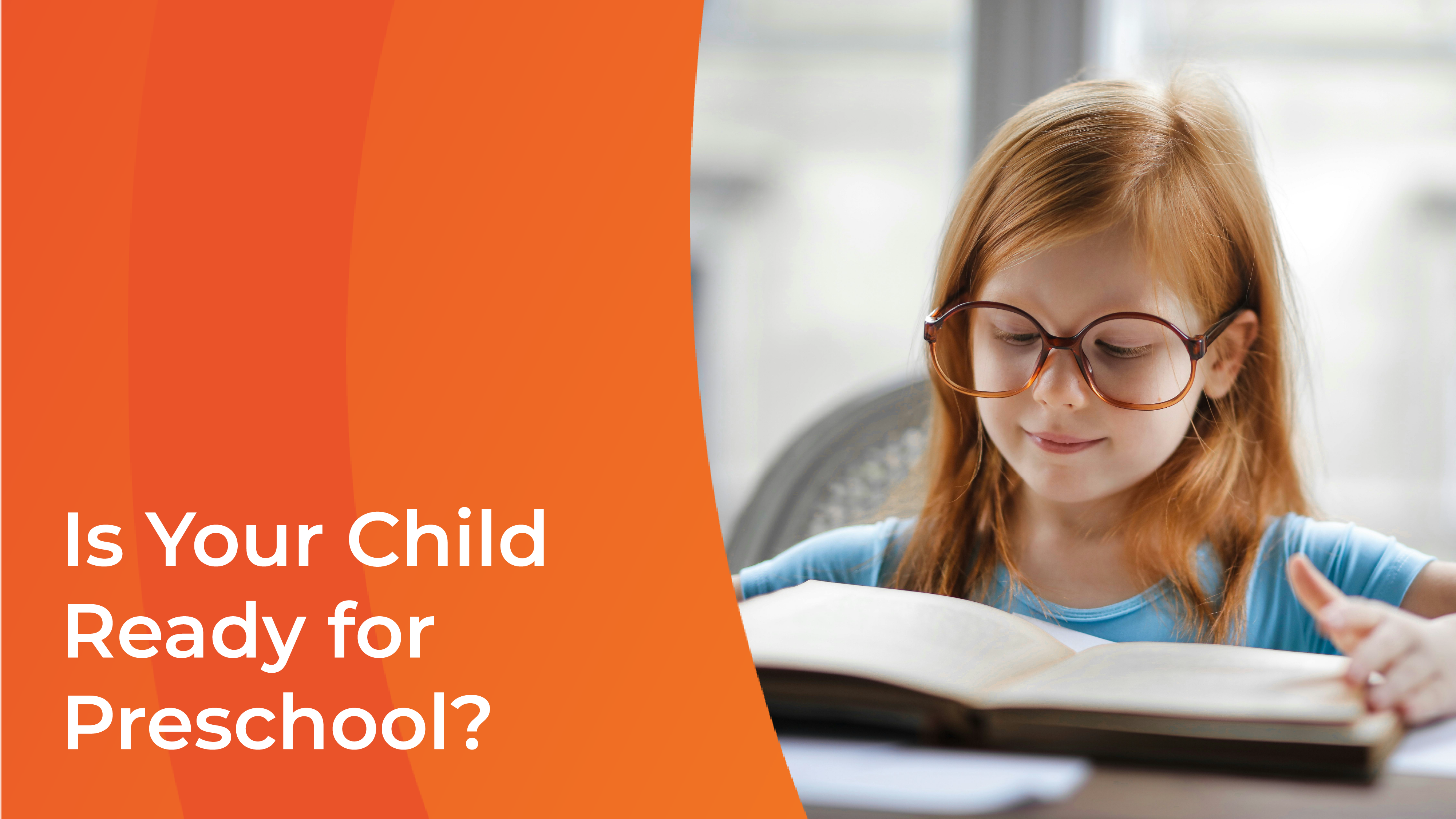Is Your Child Ready for Preschool?
Is Your Child Ready for Preschool?

Starting preschool is a big step, and it’s normal to wonder if your child is prepared to thrive in this new environment.
Readiness isn’t determined by a specific age—it’s about recognizing important developmental cues and progress that indicate your child is ready to explore, socialize, and learn in a more structured setting. Every child grows and develops uniquely, so understanding what to look for can help you feel confident about this transition.
If you’ve been observing changes in how your child interacts with others, their curiosity about the world, or their ability to follow simple routines, you may already have some hints about their readiness.
To help you, in this article, we’ll explain five signs to know your child is ready for preschool.
5 Signs to Know Your Child is Ready for Preschool
Preschool readiness is about recognizing your child's unique journey toward gaining independence, exploring their world, and building meaningful connections.
Below we have explained five developmental markers that often indicate a child is prepared to take their next step—and practical ways to encourage these abilities at home.
1. Shows Interest in Learning and Exploration
A child ready for preschool often displays natural curiosity, eagerly exploring their environment and asking endless "why" questions. This spark of interest is a great foundation for structured learning environments.
How to Nurture Curiosity:
- Introduce engaging books that capture your child’s imagination and include interactive elements like flaps or textures.
- Encourage hands-on activities like puzzles, building blocks, or nature walks to stimulate critical thinking.
- Have open-ended conversations about topics they find fascinating—whether it’s dinosaurs, space, or their favorite storybook character.
2. Follows Simple Instructions
Following directions is a cornerstone of preschool routines. Whether it’s tidying up toys or completing an art project, this skill shows a child’s readiness to engage in structured activities.
Ways to Build Listening Skills:
- Turn multi-step tasks into playful activities, like asking your child to gather a toy and place it on a shelf.
- Play interactive games like Simon Says to make following directions fun and memorable.
- Celebrate their success with enthusiastic encouragement when they complete tasks as instructed.
3. Plays Well with Others
A child who can cooperate, share, and engage in group activities is often ready to thrive in a preschool setting. These social skills lay the groundwork for positive interactions with peers.
Ideas for Strengthening Social Skills:
- Arrange group playdates or visit playgrounds to create opportunities for interaction.
- Introduce games that promote turn-taking, such as board games or building activities.
- Foster teamwork with collaborative play, like constructing towers or pretending to run a store together.
4. Can Communicate Basic Needs
Being able to express hunger, tiredness, or the need for help is a practical skill that makes preschool transitions smoother. Both verbal and nonverbal communication count as readiness markers.
Encouragement for Clear Communication:
- Use daily moments to practice identifying emotions and expressing needs with simple phrases or gestures.
- Reinforce communication by role-playing scenarios like asking for a snack or finding a favorite toy.
- Be patient and attentive, modeling clear communication in your interactions.
5. Has Basic Independence Skills
Preschool introduces routines that require a degree of independence, from hanging up backpacks to washing hands. Small steps toward autonomy help a child feel capable and confident.
Steps to Foster Independence:
- Practice self-care tasks like putting on shoes or washing hands, using songs or visual aids to make it fun.
- Choose clothes that are easy for your child to manage on their own, such as elastic-waist pants or Velcro shoes.
- Create consistent routines that let your child practice these skills daily, boosting their confidence through repetition.
Build a Strong Foundation for Preschool Readiness
Build a Strong Foundation for Preschool Readiness
At Child Focus, we know that helping your child feel confident and prepared for preschool is a big step in their early learning journey.
Encouraging curiosity, fostering independence, and nurturing social and communication skills are all part of creating a strong foundation for their future success. We’re here to help make that process even easier with resources designed to support your family.
Our Head Start program at Child Focus is specifically designed to provide children with the tools they need to thrive in a preschool setting. This comprehensive program offers a caring and structured environment where your child can grow, learn, and develop essential skills for school and life.
Looking for ways to prepare your toddler for preschool? Check out our Preschool Readiness Checklist for helpful tips and insights to support your child’s development or learn more about our program by clicking here.
For more tips, follow Child Focus on Facebook, X, Instagram, and LinkedIn today!
Has Child Focus made a difference in your life or the life of someone you care about? Leave Us A Quick Review Here!
